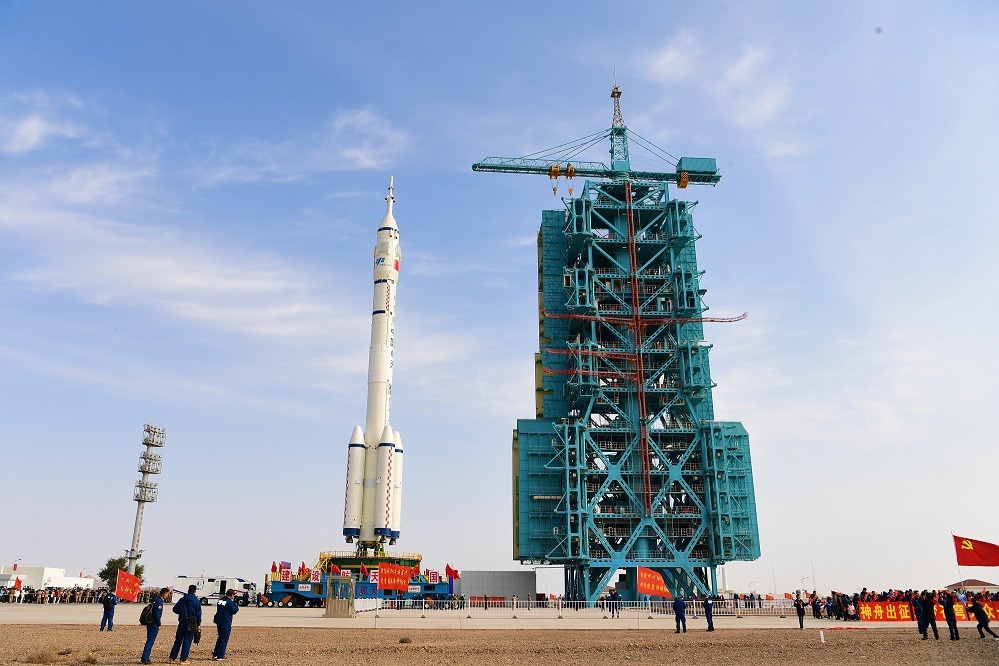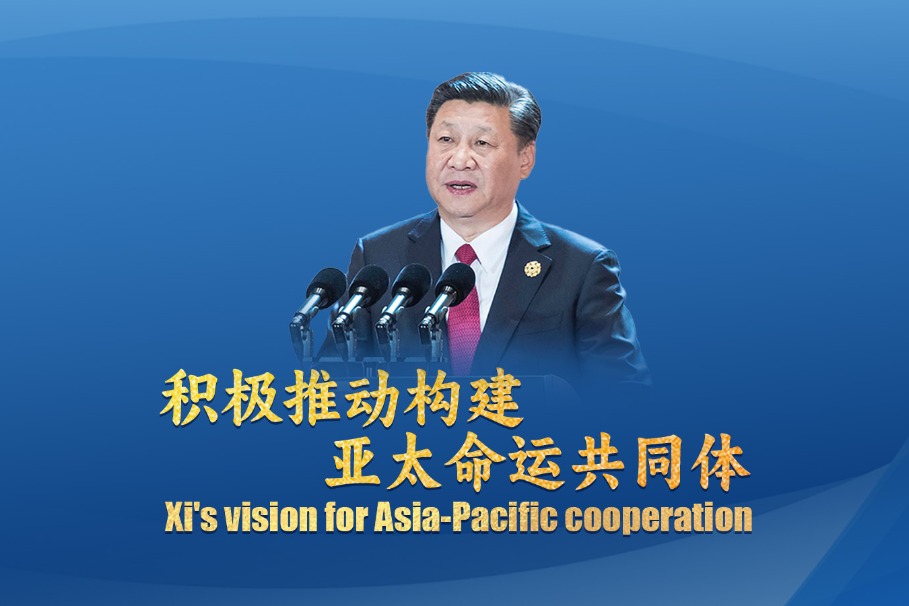UN Secretary-General urges nations to materialize financial commitment
By Hou Liqiang | chinadaily.com.cn | Updated: 2023-12-02 20:22

United Nations Secretary-General Antonio Guterres has urged developed nations to materialize their financial commitment to developing nations to help address the huge financial gaps they are confronted with in coping with the climate crisis.
He made the remarks at the G77 and China Leader's Summit, which was held on the sidelines of the ongoing COP28 UN climate change conference in Dubai, the United Arab Emirates.
Developed countries must clarify the delivery of the $100 billion commitment, he said.
"We need also to see a clear plan to double adaptation finance to $40 billion a year by 2025 as a first step to devote at least half of all climate finance to adaptation," he continued.
In 2009, developed countries pledged to mobilize $100 billion per year by 2020 to support climate action in developing countries. The promise, however, has not yet been fully honored.
And we need to see much greater support for the new Loss and Damage Fund. It started well but with not much money, Guterres stated.
First agreed during COP27, which was held in Egypt late last year, the Loss and Damage Fund has been a long-standing demand of developing nations, to help them cope with the costs of the devastation caused by climate change.
The fund was operationalized on Thursday when the two-week-long annual UN climate gathering in Dubai kicked off.
Several countries, led by the UAE, made financial commitments to the fund, with the UAE contributing $100 million, Germany also allocating $100 million, the United Kingdom contributing $50.5 million, the United States pledging $17.5 million, and Japan committing $10 million.
"Climate finance still has a long way to go," Guterres stressed. "Up to 18 times more finance is needed for adaptation to meet the current needs of developing countries."
The International Energy Agency estimates that the transition to net zero in emerging markets and developing economies will cost more than $2 trillion annually by 2030, he noted.
He said the outdated international financial architecture must be reformed to reflect the realities of today and to respond to developing countries' needs including to the Bretton Woods system.
The international financial system must provide an effective debt-relief mechanism that supports payment suspensions, longer lending terms, and lower rates, he said.
























